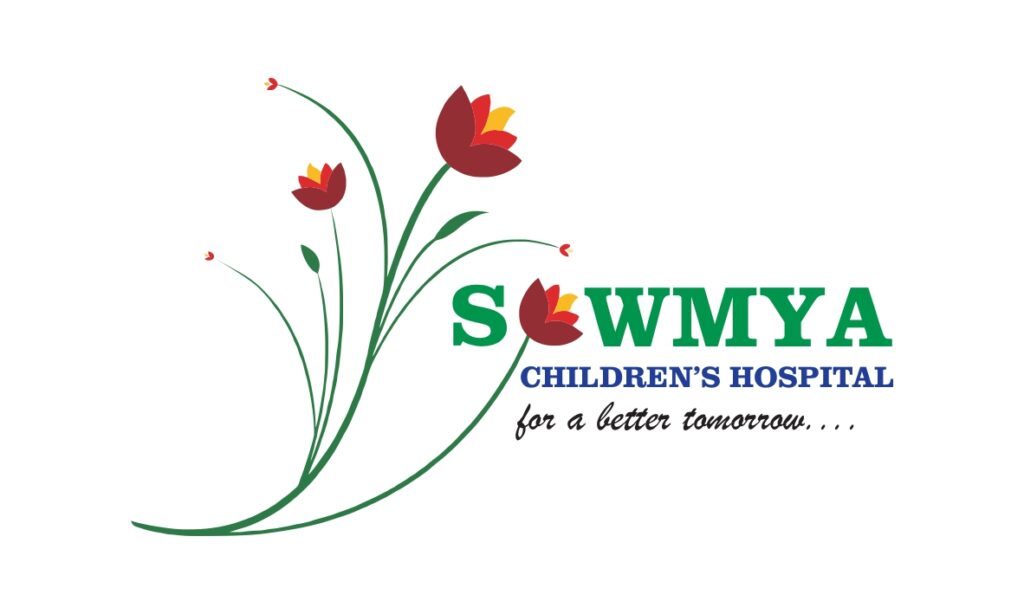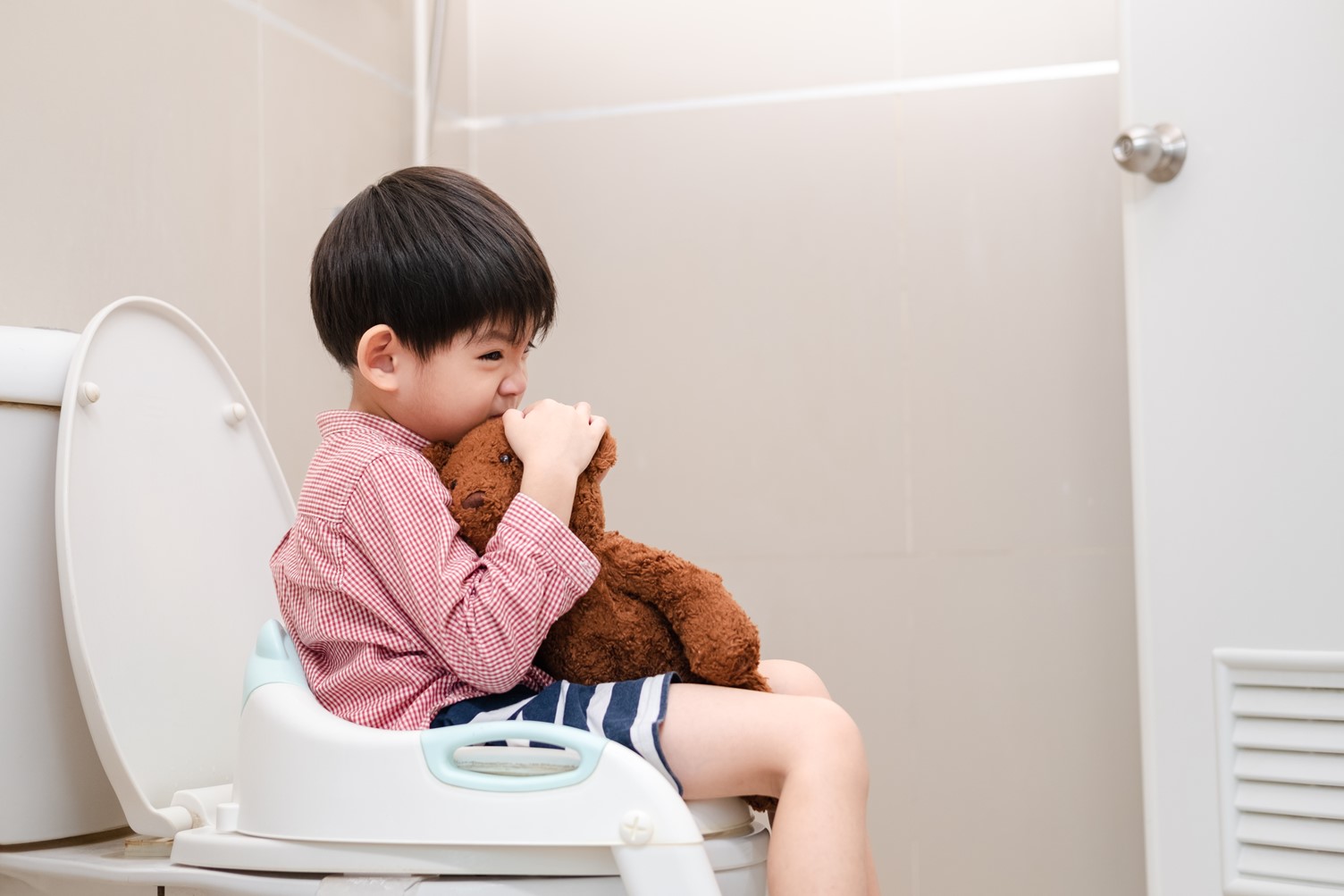What is Pediatric Gastroenteritis?
Pediatric gastroenteritis is a common illness in children. It is often called the “stomach flu.” However, it is not related to the flu virus. This condition causes swelling and irritation in the stomach and intestines. Children with gastroenteritis may feel very sick, but most recover quickly. According to the CDC, this illness is a leading cause of diarrhea in kids worldwide.
Common Symptoms
Children with pediatric gastroenteritis often show several signs. Early detection helps in quick care. Watch for these symptoms:Watery diarrheaVomitingStomach pain or crampsFeverLoss of appetiteHeadacheDehydration (dry mouth, less urine, sunken eyes)
Sometimes, symptoms can be mild. But in other cases, they may be severe. If your child shows signs of dehydration, seek medical help right away.
Main Causes
Many germs can cause pediatric gastroenteritis. The most common are viruses. But bacteria and parasites can also lead to this illness. Here are the main causes:Viruses: Rotavirus and norovirus are the top causes. These spread easily in schools and daycare centers.Bacteria: Salmonella, E. coli, and Campylobacter can cause stomach flu in children. These often come from contaminated food or water.Parasites: Giardia and Cryptosporidium are less common but can infect children, especially in areas with poor water quality.
Children can get gastroenteritis by touching dirty surfaces, eating unsafe food, or drinking unclean water. Good hygiene can help reduce the risk.
Diagnosis Methods
Doctors use several ways to diagnose pediatric gastroenteritis. First, they ask about your child’s symptoms and recent activities. Next, they may check for signs of dehydration. Sometimes, doctors order tests to find the cause. These may include:Stool tests to check for viruses, bacteria, or parasitesBlood tests if the child is very sickPhysical exam to look for signs of dehydration
Most of the time, tests are not needed. Doctors can often diagnose based on symptoms alone.
Treatment Options
Treatment for child gastroenteritis focuses on keeping your child hydrated. Most cases do not need medicine. Here are common treatment steps:Give plenty of fluids, such as water or oral rehydration solutionsOffer small, frequent sips if your child is vomitingContinue feeding your child regular food if they can eatAvoid sugary drinks and sodas, as they can worsen diarrheaIn some cases, doctors may prescribe medicine for severe vomiting or bacterial infections
Usually, antibiotics are not needed for viral gastroenteritis. Always follow your doctor’s advice for the best care.
Home Care and Lifestyle Guidance
At home, you can help your child recover from gastroenteritis. Here are some tips:Encourage rest and sleepOffer bland foods like rice, toast, or bananas when your child feels hungryWash your hands and your child’s hands oftenClean surfaces and toys to prevent the spread of germsWatch for signs of dehydration, such as dry mouth or less urine
If your child cannot keep fluids down or seems very weak, contact your doctor right away. Quick action can prevent serious problems.
Prevention Tips
Preventing pediatric gastroenteritis is possible with good habits. Try these steps to lower your child’s risk:Wash hands before eating and after using the bathroomClean fruits and vegetables before eatingDrink clean, safe waterKeep your kitchen and bathroom cleanMake sure your child gets the rotavirus vaccine, as recommended by the CDC and WHOTeach your child not to share cups or utensils with others
By following these tips, you can help protect your child from stomach flu in children.
Consult a pediatrician for personalized advice on gastroenteritis in children.
👶 Don’t wait—get expert care for your child.
📞 Book your appointment at Sowmya’s Children Hospital today!

